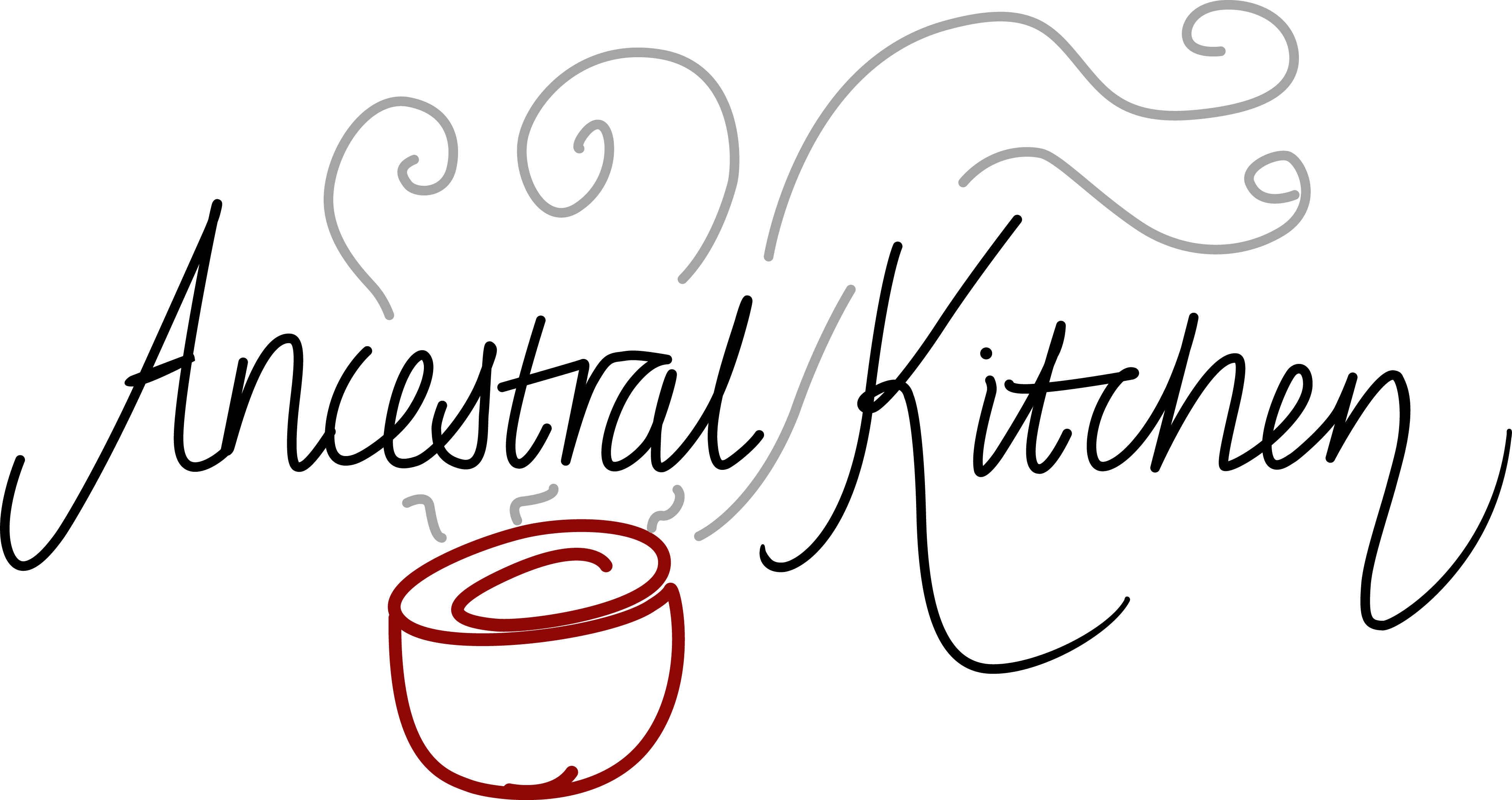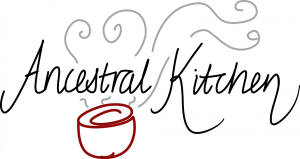The world of collagen and gelatin has been very hyped and, for some time it confused me! I kept seeing words like ‘peptides’ and ‘hydrolysed’, I realised there were many different types and sources of collagen and I didn’t know where to start. I also felt under pressure, as if I was missing out if I wasn’t supplementing this amazing foodstuff.
Having done a fair bit of research on this, and tried many different ways to increase my collagen intake, I want to make it simple for you:
What is collagen?
Collagen is a protein. Proteins are made of amino acids, of which there are 20 in existence, nine of which are ‘essential’ (our body can’t manufacture them). Collagen contains 18 different amino acids and is almost a ‘complete’ protein – it’s only missing one of the nine essential amino acids (tryptophan).
Including the amino acids that form collagen in your diet is a wonderful thing. In the ancestral food world it is most known for being a gut healer, but collagen will also help with every part of our body that needs protein; hair and skin, ligaments, cartilage, our immune system, and our joints.
Collagen can be found in the tissues (skin, bone, cartilage and tendons) of land and sea animals. We can get that collagen out of those tissues by heating and breaking it down.
What is gelatin?
Gelatin is formed when you heat collagen rich tissues in water (for example, by making a broth). The amino acids literally gelatinise. The chemical structure of collagen is changed during this process, which can render it easier to digest.
The easiest and cheapest way to ingest collagen
The simplest, and most economical, way to get collagen into your diet is to make bone broth from bones that also have cartilage, tendons, and skin still on them. This can be done by, for example, including chicken feet or ligamentous joints such as beef knees in your broth pot.
Once cooked and chilled, a bone broth that is full of gelatin will literally be like a jelly – it will wiggle when you shake it! If you want a gelatin-rich broth and are finding your resulting stock too liquidy, increase the amount of ligamentous joints and/or decrease the amount of water that you are using when you make it.
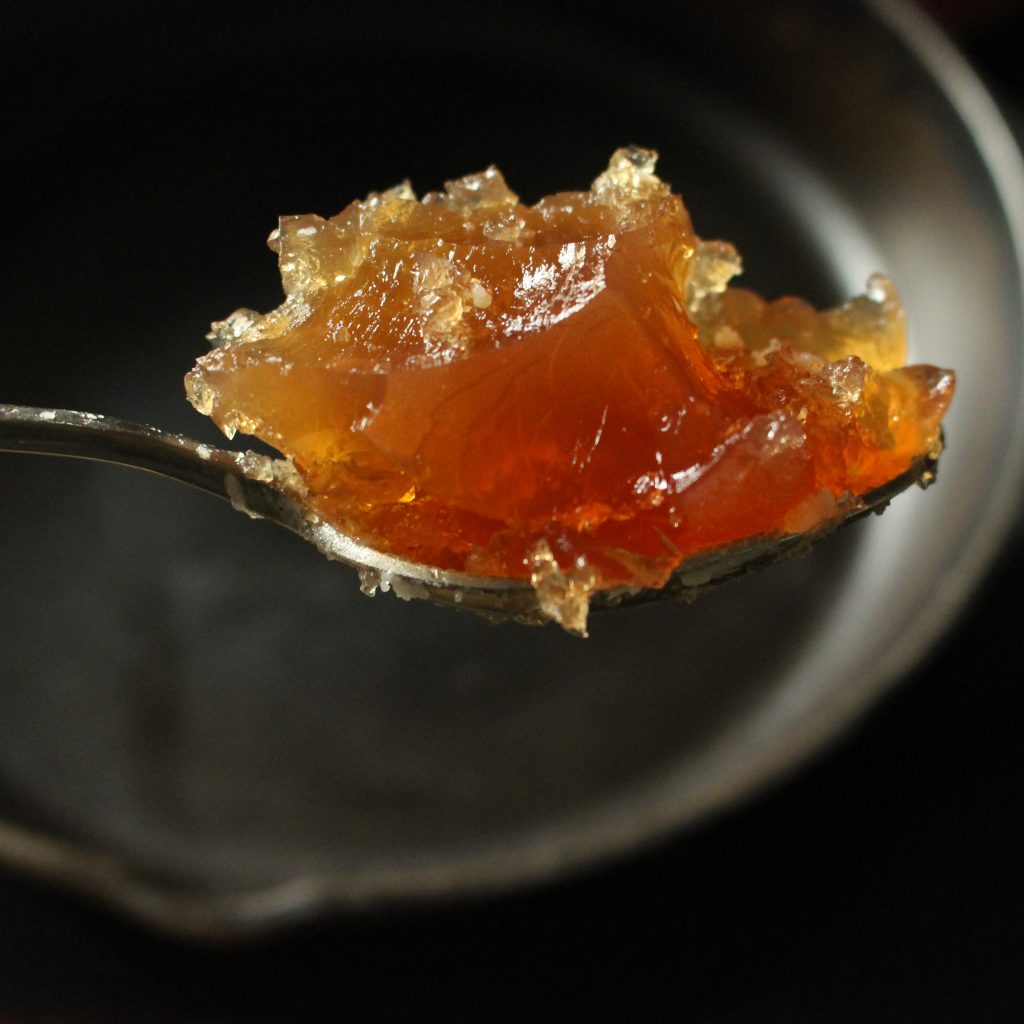
Bone broth costs hardly anything to make and if you get into the habit of making and drinking it regularly, you’ll have the cheapest form of collagen available in your kitchen!
If you’d like more information on broth, check out the two podcast episodes I’ve done on it, Your Broth Questions Answered and Bones and Water – The Magic of Stock and if you’d like to my five favourite ways to use broth in my own kitchen, check out this article.
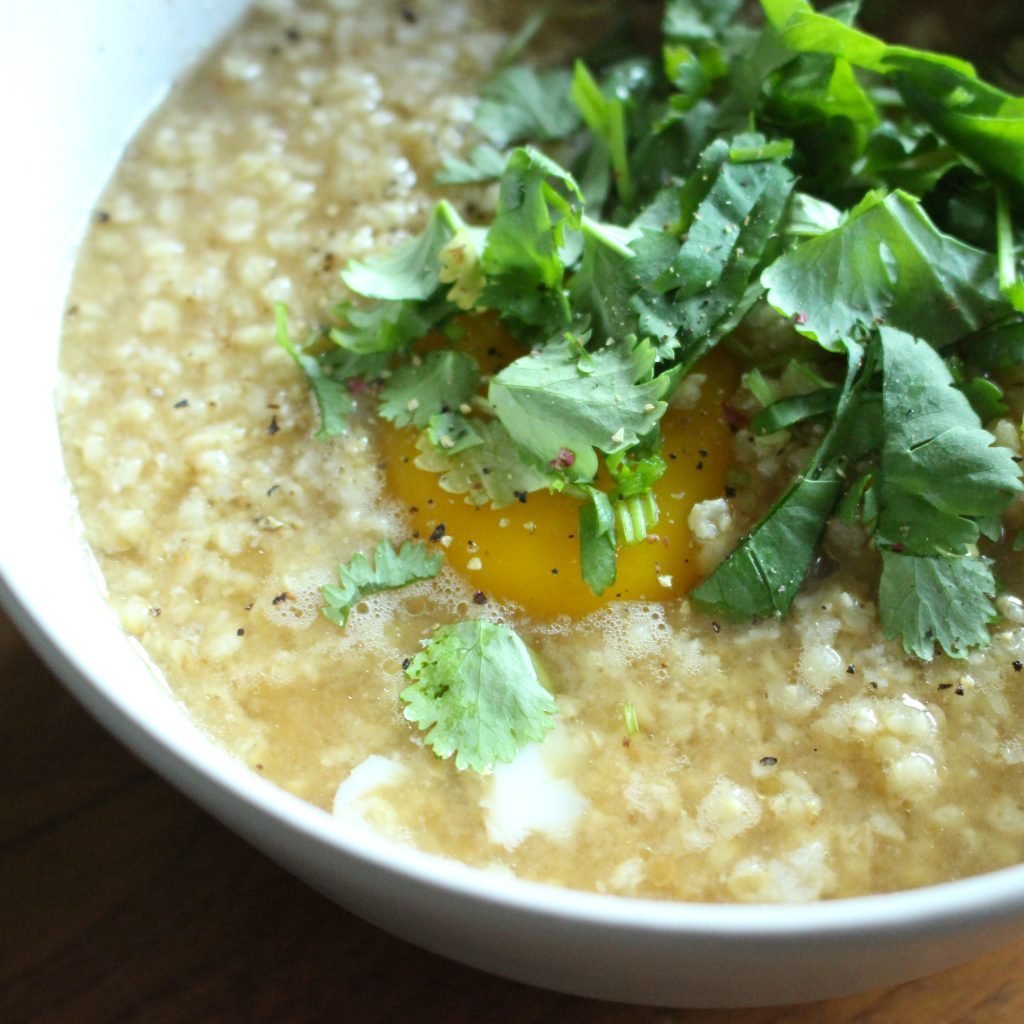
What about supplementation?
Both collagen and gelatin are available as supplements. When taken from land animals collagen is often bovine (from beef) or porcine (from pigs) and is mostly sourced from animal hide. Collagen can also be sourced from marine life, poultry and the membrane of eggshells.
Understanding the labels
You might’ve seen the term ‘collagen peptides’ or ‘hydrolysed collagen’ on supplements. In order to make collagen easy to supplement, it goes through a process called cleaving. This breaks down collagen’s amino acids into shorter chains, making it easy to mix into all liquids, including cold ones.
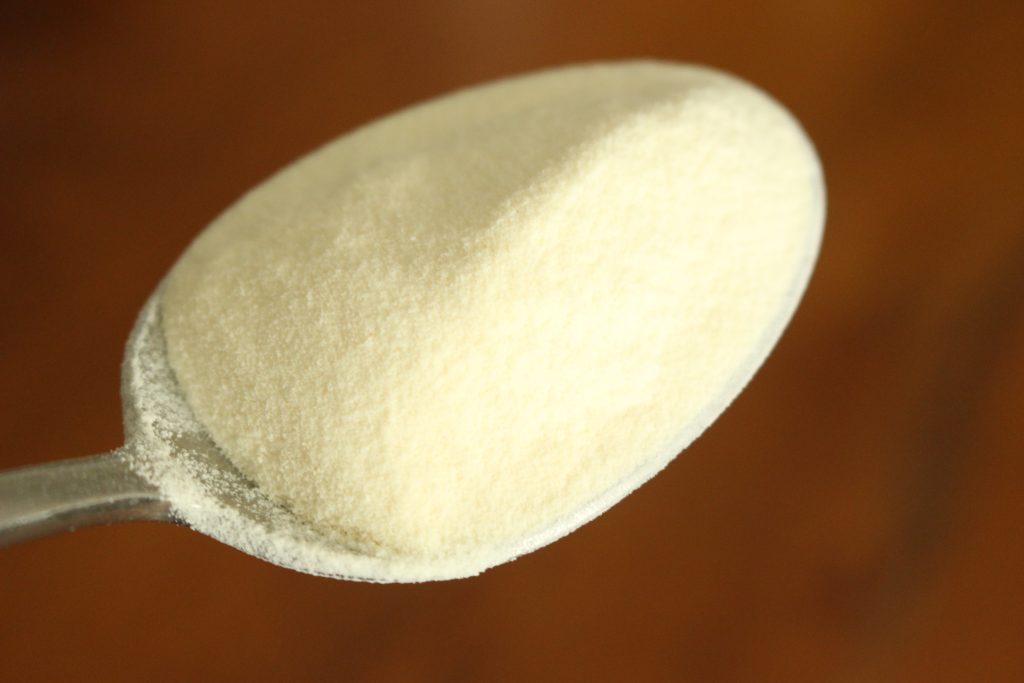
The differences between collagen and gelatin as supplements
The main difference between collagen and gelatin as supplements is the way you can use them.
You can add collagen powder to cold or hot drinks (hot water will not denature it) and it will dissolve.
If you add gelatin powder to a cold drink it will clump and gel. It needs slow working into hot water to dissolve.
So, if you want to supplement collagen and use it to quickly and easily stir into hot or cold drinks you will need to purchase collagen (which will have been hydrolysed).
If, however, you’re not bothered about adding collagen to drinks and you instead want to have some fun making things like gummies, gelatin is perfect.
For a third option, collagen is available encapsulated so you can take tablets of it with one of your meals instead!
Where to source collagen and gelatin supplements
In the US, if you want powders, I trust the Great Lakes brand. They have a huge range of collagen and gelatin. You can buy some plus support my podcast work here.
They currently have a deal of 25% off orders over $150.
One Earth Health, our current podcast sponsors and producers of the liver capsules that I love, sell New Zealand grass-fed beef collagen in capsules. You can get 5% off your order and support my podcast work by using this link.
Outside the US (where i live), these sources are harder to get hold of. I currently use Igennus collagen peptides. You can read about this here.
Have I answered all your collagen and gelatin questions? Do you use these products as supplements in your kitchen, or are you relying on bone broth? Comment below and let me know!
